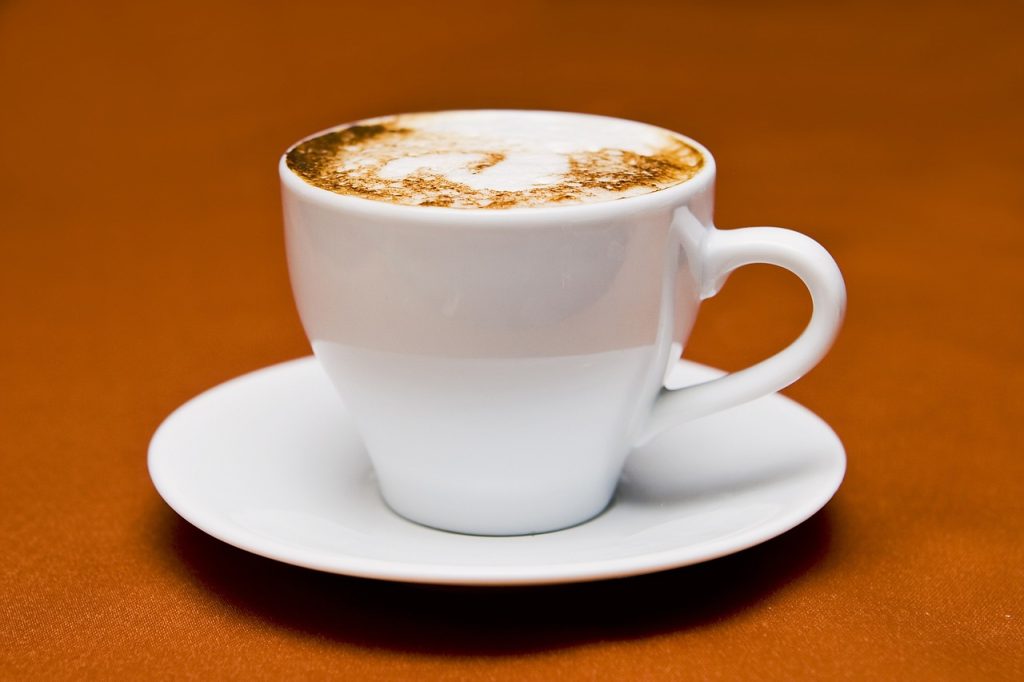“Ten minutes of stair climbing provides more energy than 50 mg of caffeine.” That is the conclusion of a new study from the University of Georgia.
Stair Climbing or Caffeine?
For the study published in Physiology and Behavior, researchers compared the effects of 10 minutes of stair climbing with ingesting 50mg of caffeine, approximately the amount in a can of cola[1]. Participants showed little difference in energy after taking the caffeine or a placebo. However, stair climbing did make them feel more energetic, although this effect was short-lived.
The study involved female students who reported having chronic sleep deprivation and slept less than 6.5 hours per night. To test the effects of caffeine, the placebo, and stair climbing, verbal and computerized tests were administered. None of the methods resulted in an improvement in memory or attention. However, stair climbing did lead to a slight (temporary) increase in motivation for work.
The research was conducted to investigate healthy activities in the workplace. Most offices have stairs where you can always stay dry regardless of the weather. To ensure remaining dry under the armpits for your subsequent meeting, they kept the pace of stair climbing ‘low to moderate’. However, I can imagine that 10 minutes of stair climbing at a low pace could still lead to perspiration under your clothing.
Ever Heard of Coffee?
This is hardly a message that will lead to longer waiting times for the stairwell than for the elevator. I don’t see a revolution happening in offices worldwide. I would rather see that happen if coffee machines were removed from offices globally. You know, coffee, that drink with roughly double the amount of caffeine per cup. If you’re going to compare with caffeine, do it properly.
Furthermore, you have to consider the possibility that some of the students were already consuming so much coffee daily that the half cup of caffeine did little for them. Something not unimaginable for office workers. My caffeine intake was never as high as when a colleague departed for the coffee machine every half hour.
If you are comparing it to a can of cola, then give the participants who received caffeine the sugar that comes in cola. After all, it contributes to the temporary energy boost.
These caveats do not diminish the fact that any opportunity to exercise is a good one. Recently, I wrote about another study showing that ten minutes of running is good for the heart and cardiovascular system. However, that required running at a high intensity and therefore a high pace.
When it comes to a temporary energy boost, I still prefer to go for my Senseo.
References
- Derek D. Randolph, Patrick J. O’Connor. Stair walking is more energizing than low dose caffeine in sleep deprived young women. Physiology & Behavior, 2017; DOI: 10.1016/j.physbeh.2017.03.013

